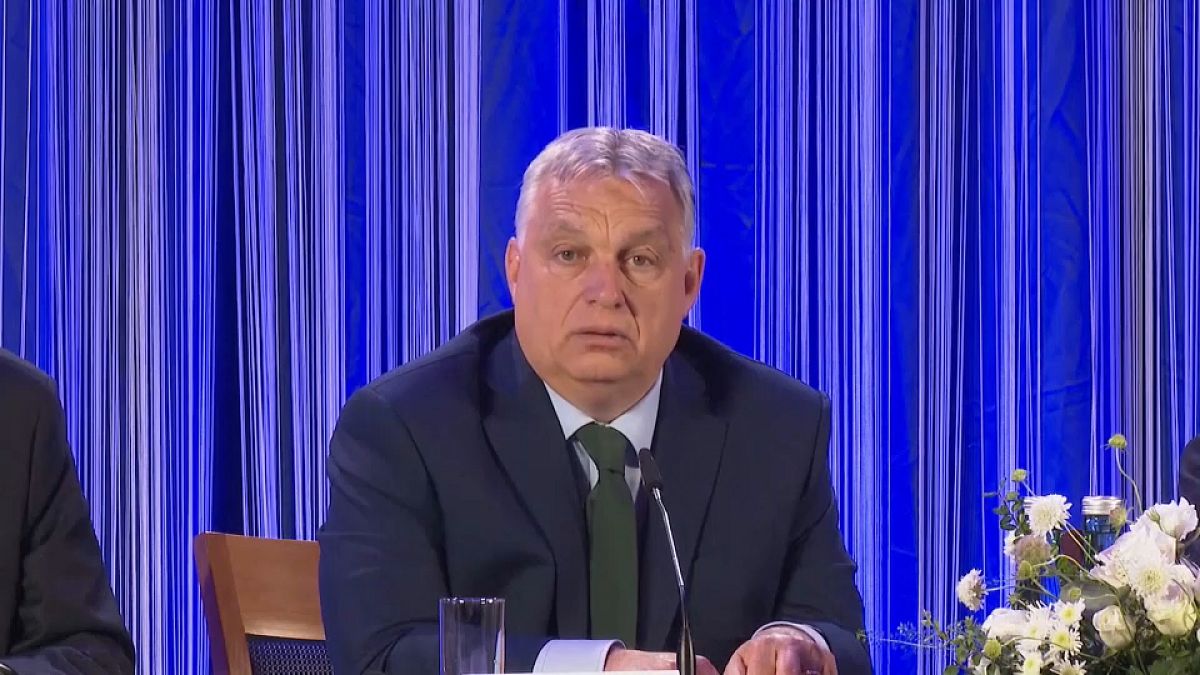Hungary takes over the rotating presidency of the European Union on Monday, sparking concerns among some MEPs in Brussels about Prime Minister Viktor Orbán’s impact on the bloc. Orbán has developed a reputation as a spoiler, going against EU consensus and opposing key decisions on issues like relations with Russia and China. While the presidency holds little real power, it allows countries to prioritize their interests on the EU’s agenda. Hungary’s motto for its presidency – “Make Europe Great Again” – has raised eyebrows for its similarity to former US President Donald Trump’s slogan.
Some analysts expect Hungary to continue its anti-EU rhetoric during its presidency. However, the limited timeline of six months, combined with a summer break and transitional period, may prevent Budapest from significantly derailing the bloc’s priorities. Orbán’s government has opposed important policy decisions, such as EU membership talks with Ukraine and Moldova. Despite criticism of Hungary’s democratic deficiencies and violations of the rule of law, some officials have expressed their commitment to acting constructively during the presidency.
Hungary aims to focus on issues like the enlargement of the EU in the Western Balkans, strengthening external borders, combating illegal immigration, and addressing demographic challenges. These priorities align with Orbán’s stance as a staunch opponent of immigration and supporter of family values. However, after years of portraying the EU as imposing unwanted policies, Orbán may struggle to rebuild trust among EU partners. The bloc’s legislature has previously called for the presidency to be removed from Hungary due to concerns about democratic backsliding.
Orbán’s readiness to challenge EU policies and standards has alienated him from many European leaders. The European Commission froze funds to Hungary two years ago over democratic concerns, while the EU parliament questioned Hungary’s credibility in fulfilling the presidency in 2024. While some EU leaders have acknowledged a potential delay in policy decisions due to Hungary’s presidency, they are taking it into account in their planning. Despite these challenges, Hungarian officials are determined to work collaboratively with all member states and institutions during their tenure.
Hungary’s presidency raises questions about Orbán’s agenda and intentions within the EU. As the country takes the helm for the next six months, observers will be watching closely to see how Orbán navigates his role and interacts with other EU leaders. The presidency may serve as a test for Hungary’s commitment to EU values and democratic principles, as well as Orbán’s ability to establish positive relationships within the bloc. Ultimately, the outcome of Hungary’s presidency will have implications for the country’s standing in the EU and its future interactions with European partners.











